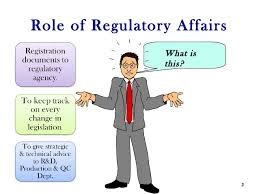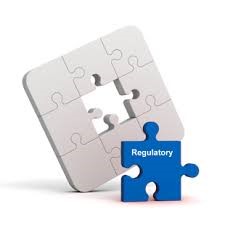Final Piece of the Puzzle!
Final Piece of the Puzzle!
There are dozens of moving pieces you need to consider while looking at the Middle East and North Africa (MENA) pharmaceutical business such as trends, diseases, sales, compliance, clinical, regulatory affairs and more. In this blog article we will explore the regulatory affairs in the MENA region.
What is Regulatory Affairs?

Regulatory affairs is a profession developed from the desire of governments to protect public health by controlling the safety and efficacy of products in areas including pharmaceuticals, veterinary medicines, medical devices, pesticides, agrochemicals, cosmetics and complementary medicines, and by the companies responsible for the discovery, testing, manufacture and marketing of these products wanting to ensure that they supply products that are safe and make a worthwhile contribution to public health and welfare(1).
In other words, regulatory affairs persons are the interface between the company and the official authorities to ensure that the products are manufactured and distributed according to the legislations.
Responsibilities of a Regulatory Affairs person
- Monitor and report all changes and regulations in the regulatory environment and pharmacovigilance regulations (change in the submission format of a registration file from Common Technical Document to electronic-Common Technical Document for example).
- Give strategic and technical advice, making an important contribution both commercially and scientifically to the success of a market access plan.
- Liaise directly with distributors through regular meetings and business reviews.
- Prepare registration, renewal and variation files for manufacturing sites and products according to each country’s requirement.
- Establish effective relations with suppliers, sub-distributors and key opinion leaders at the level of health authorities. Since most of the regulatory work in MENA is strongly correlated to communication and negotiation, having a strong relationship with the concerned people at the level of the health authorities is a key element to succeed.

Why is Regulatory consultancy essential?
The Middle East and North Africa (MENA) is a cluster of almost 17 countries with a combined total pharmaceutical business size of 32 billion USD in 2016. Today, companies are competing to place new products on MENA market faster. This will put high pressure on regulatory departments since delays in approvals mean a big loss in revenue. Many companies try to tackle regulatory on their own but end up losing huge amounts of money, time and resources without reaching their objective. For MENA region particularly, companies will face many regulatory affairs challenges due to the diversified requirements among the countries and the fast-evolving regulatory environment.
However, this can be avoided in case the regulatory affairs department is well experienced and has all the knowledge needed to handle well the project thus foresee any restraint or problem that might cause a barrier against the product’s approval and launch.
Conclusion
Regulatory Affairs is considered as one of the most important departments of the company. At Mealis we have succeeded throughout six years to reach the objectives along with our suppliers, build partnerships with our sub-distributors and finally maintain strong relationships with the health authorities. And this is because we know that investing in the knowledge, experience and exposure of our regulatory team, will put us at the top. Finally, due to the diversity and complexity of requirements, procedures and communication, local regulatory knowledge is the success key of any company. Having this specific expertise at Mealis is the final piece of the puzzle.

- https://www.topra.org/TOPRA/TOPRA_Member/What_is_regulatory_affairs.aspx
